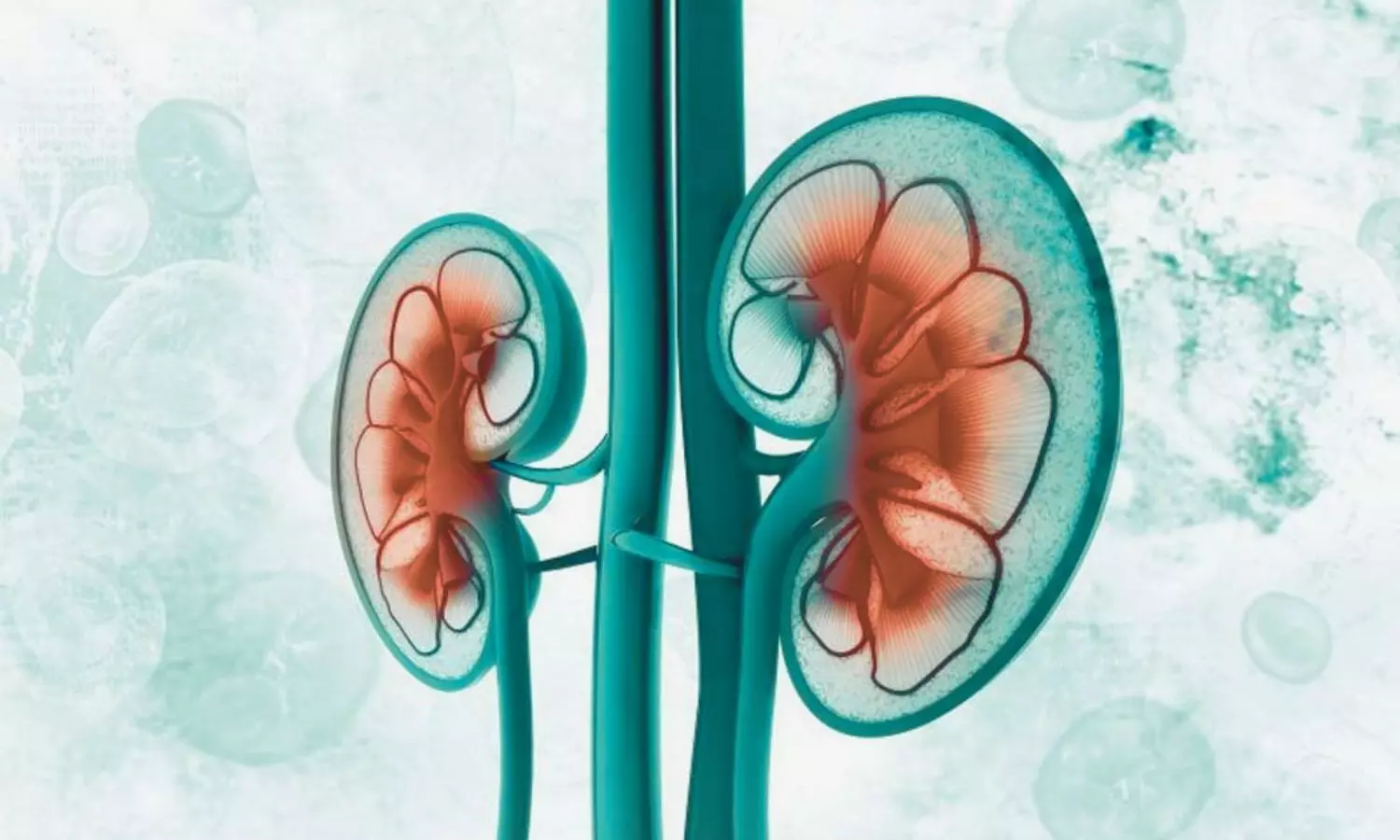World's first clinical trial showing lubiprostone aids kidney function, finds study
- byDoctor News Daily Team
- 09 September, 2025
- 0 Comments
- 0 Mins

Chronic kidney disease(CKD) is a major health issue worldwide. Many patients end up requiring regulardialysisto avoidkidney failureand stay alive. Despite the severity of the condition, there are currently no drugs available that improvekidney function. A research group led by Tohoku University Graduate School of Medicine’s Professor Takaaki Abe has found a remarkable solution to treat patients with CKD by co-opting a drug typically used forconstipation. This is the first time that this drug (lubiprostone) was shown to prevent the decline of renal function in patients with CKD. “We noticed that constipation is a symptom that often accompanies CKD, and decided to investigate this link further,” explains Abe. “Essentially, constipation disrupts the intestinal microbiota, which worsens kidney function. Working backwards, we hypothesized that we could improve kidney function by treating constipation.” To address this issue, the group conducted a multicenter Phase II clinical trial (LUBI-CKD TRIAL) at nine Japanese medical institutions, enrolling 150 patients with moderate CKD. This study evaluated the effects of lubiprostone on kidney function. The results showed that, compared to the placebo group, the decline in kidney function (defined as the estimated glomerular filtration rate: eGFR) was suppressed in a dose-dependent manner in patients treated with 8 µg or 16 µg of lubiprostone. The researchers also investigated the mechanism underlying how this effect occurred. They found that lubiprostone increases spermidine production, which improves mitochondrial function by promoting bacterial growth in the gut. The improved mitochondrial function was seen to exert a renoprotective effect – suppressing further kidney damage. Going forward, the research team has plans to validate the trial results in a larger population (Phase 3 clinical trial) and advance the exploration of biomarkers that predict treatment efficacy. Their goal is to provide each patient with CKD the optimal treatment plan tailored to their needs. This discovery has the potential to significantly transform the conventional approach to CKD treatment, which primarily focuses on reducing uremic toxins. These findings suggest a new therapeutic strategy in which laxatives suppress renal function decline. This strategy is expected to contribute to the development of treatments for not only CKD, but also mitochondrial dysfunction disorders. The results of this study were published in the scientific journalScience Advanceson August 30, 2025. Shun Watanabe et al. ,Lubiprostone in chronic kidney disease: Insights into mitochondrial function and polyamines from a randomized phase 2 clinical trial.Sci. Adv.11,eadw3934(2025).DOI:10.1126/sciadv.adw3934
Disclaimer: This website is designed for healthcare professionals and serves solely for informational purposes.
The content provided should not be interpreted as medical advice, diagnosis, treatment recommendations, prescriptions, or endorsements of specific medical practices. It is not a replacement for professional medical consultation or the expertise of a licensed healthcare provider.
Given the ever-evolving nature of medical science, we strive to keep our information accurate and up to date. However, we do not guarantee the completeness or accuracy of the content.
If you come across any inconsistencies, please reach out to us at
admin@doctornewsdaily.com.
We do not support or endorse medical opinions, treatments, or recommendations that contradict the advice of qualified healthcare professionals.
By using this website, you agree to our
Terms of Use,
Privacy Policy, and
Advertisement Policy.
For further details, please review our
Full Disclaimer.
Recent News
Gum disease could silently cause serious brain dam...
- 03 November, 2025
Can Early-Day Fasting Significantly Boost Metaboli...
- 03 November, 2025
Delhi HC bars doctor from running medical centre d...
- 03 November, 2025
Daily Newsletter
Get all the top stories from Blogs to keep track.


0 Comments
Post a comment
No comments yet. Be the first to comment!